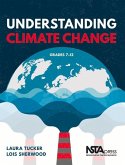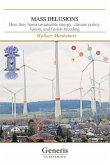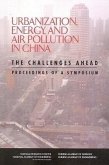Most of us know that anthropogenic climate change is melting the ice caps, increasing sea levels, exacerbating the strength and damaging power of the largest hurricanes and cyclones, and damaging coral reefs. This is just the beginning. There are many current and projected impacts on human health and food security, and all manner of ecological changes-mostly for the worse. But there is also hope in the rapid development of the latest inexpensive solar panel technology and battery storage capacity that will obviate the need to burn fossil fuels, the source of all this climatological mayhem. Most of us don't get to read the latest scientific papers on the subject though; to see them requires subscriptions to expensive scientific journals or a university library card. This book comprises easily readable summaries of over 150 of such papers published in 2016 and 2017, well before the results appear in most popular books. The 19 authors searched the current literature and cover a broad swath of the most interesting climate-related research from the past year-and-a-half. It remains to be seen whether the US public will follow the conservative agenda rejecting this science and concluding that the proper way forward is to equate "America First" with the resumption of the wholesale use of coal and oil along with a reduction of the energy-efficiency and pollution-prevention measures that industry now knows how to produce in a cost effective way. Let's hope not.
Hinweis: Dieser Artikel kann nur an eine deutsche Lieferadresse ausgeliefert werden.
Hinweis: Dieser Artikel kann nur an eine deutsche Lieferadresse ausgeliefert werden.








